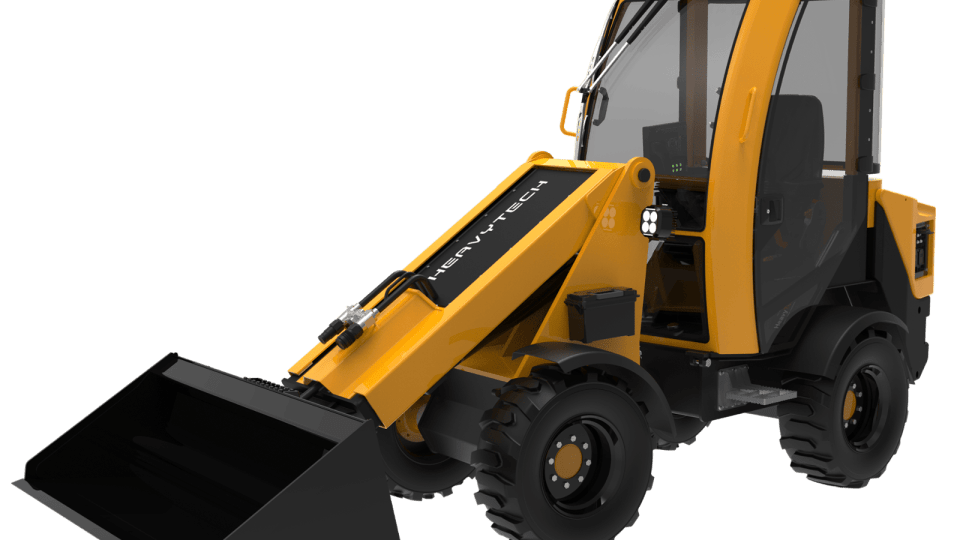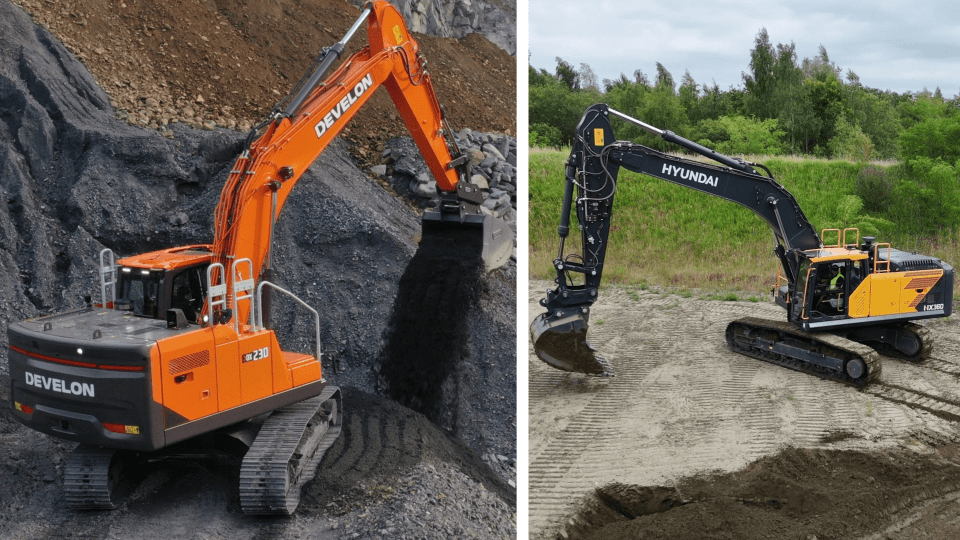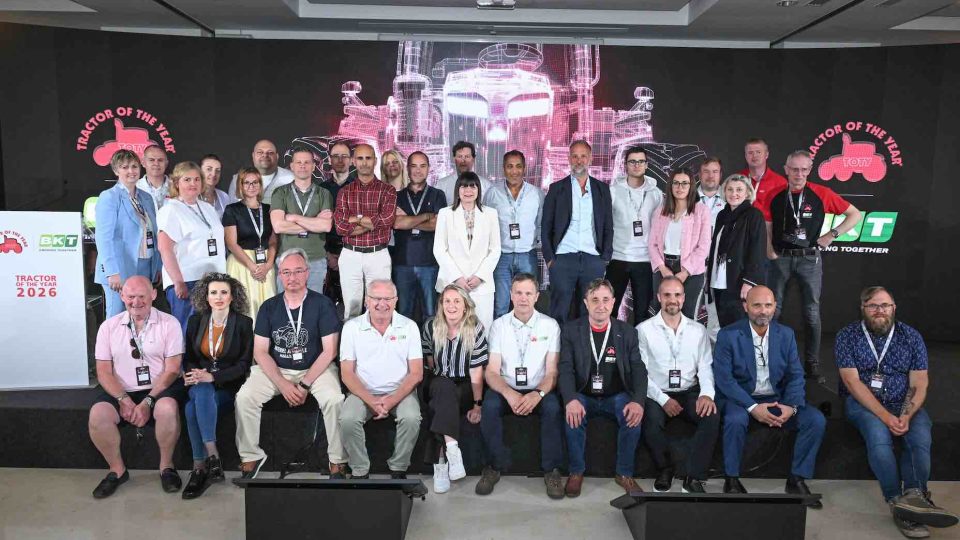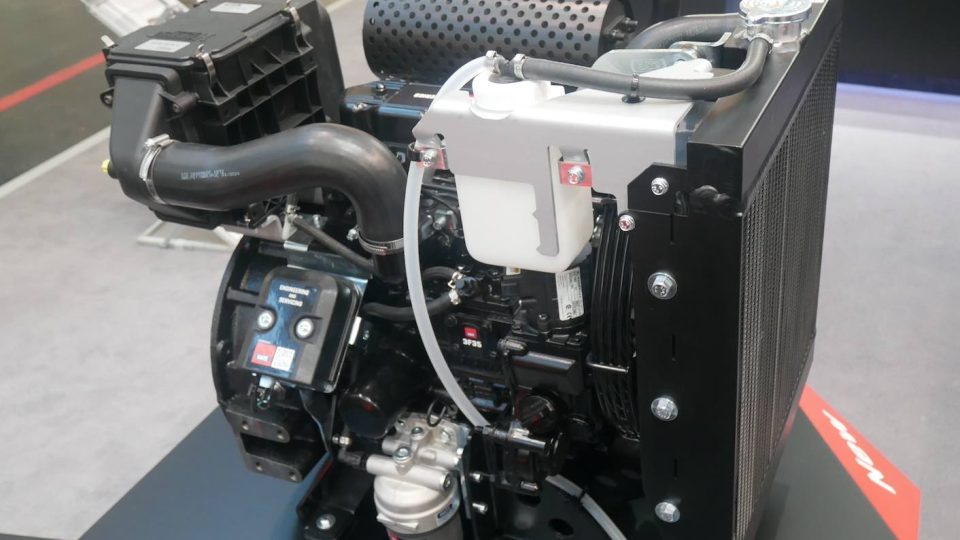Volvo Group together with Heidelberg Materials to reduce emissions in construction
Volvo Group has signed an agreement to collaborate with Heidelberg Materials, one of the largest building materials companies in the world. The aim is to reduce carbon emissions in the construction sector by jointly investigating and developing how loading and hauling needs can be solved with the help of electrified vehicles and related services.
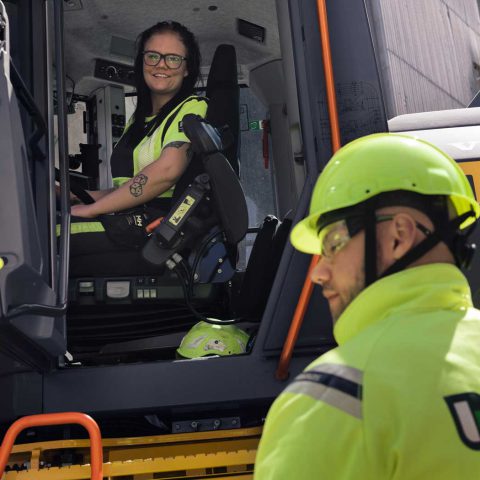
Volvo Group has signed an agreement to collaborate with Heidelberg Materials, one of the largest building materials companies in the world. The aim is to reduce carbon emissions in the construction sector by jointly investigating and developing how loading and hauling needs can be solved with the help of electrified vehicles and related services.
The partnership will see several of Volvo Group’s customized electric product and service solutions put to work across much of Heidelberg Materials’ Northern European operations, starting this year. The purpose is to support the adoption of emission-free transport and loading equipment solutions in the industry. The cement and concrete industries are responsible for around 8 per cent of the planet’s carbon emissions. Finding ways to reduce its climate impact is vital for Heidelberg Materials to reach net-zero carbon emissions across its value chain.
“Collaborative partnerships like this address climate change across the value chain. While we are focused on reducing carbon emissions for both our products and our own operations, we are also committed to helping our customers lead by example through innovative collaborations that deliver much-needed change,” says Martin Lundstedt, President and CEO of Volvo Group.
At Heidelberg Materials Northern Europe, land-based transport accounts for a total of 6 per cent of the value chain carbon footprint. Electrification of the fleet in the region has the potential to reduce annual emissions by up to 200,000 tons. In addition, electrified vehicles deliver quieter and better working environment and urban surroundings.
As part of this agreement, Volvo Group’s emission-free solutions – a mix of electric trucks, and construction equipment, machines, and productivity services – will be put to work in several Heidelberg Materials’ sites and quarries. One example of the equipment that will be employed by Heidelberg Materials is Volvo Construction Equipment’s recently introduced 20-ton wheel loader L120H Electric Conversion which, with zero exhaust emissions and near-silent performance, also benefits operators when performing indoor work.
The six-month feasibility study will be carried out during 2023 to decide which emission-free vehicle technologies and charging infrastructure solutions will best suit the requirements of Heidelberg Materials. This holistic study presents a unique opportunity to map, tailor and implement a complete CO2 reduction program throughout the operations’ transport and loading activities.
“The partnership with Volvo is a lighthouse project in our industry and has the potential to significantly push the decarbonisation of our entire value chain in Northern Europe. We look forward to working together to identify and implement state-of-the-art solutions for a fast climate transition in the construction sector,” says Heidelberg Materials CEO Dominik von Achten.






